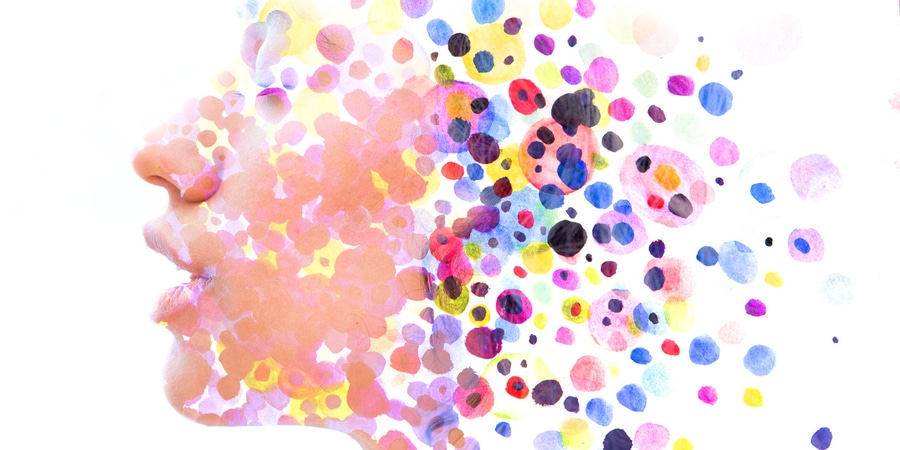
Written by Tina Wild
World Mental Health Day is an appropriate time to reflect on your own wellbeing. One in four people will experience mental health problems at some point in their lives, and maintaining emotional wellbeing is particularly important for people with disability. An Australian Institute of Health and Welfare report revealed there’s a significant gap between Australians with a disability and people without a disability. The report, Health of Australians with disability: health status and risk factors found that 46% of Australians aged 15-64 years with a severe or profound disability reported poor or fair health, compared to only 5% of those without a disability.
“People with disability can face many unique problems and challenges, which may place them at increased risk of depression. These include: limited mobility, poor access to buildings and services, social barriers and isolation, unemployment, complex communication needs and ongoing health problems such as chronic pain,” says Elise Taylor, Cerebral Palsy Alliance, MPsych, specialised practitioner in children’s health and wellbeing.”
Although there are no easy solutions to preventing mental health issues from occurring, there are protective strategies to prevent or reduce the likelihood, such as:
1. Having open conversations. It’s really important that people with a disability are given opportunities to discuss their feelings. These feelings often go unacknowledged and just having regular conversations about what makes us feel sad, happy, stressed, worried or excited can help someone with a disability feel less isolated and provide insight into how others manage similar feelings.
2. Establishing strong social networks and participating in the local community can build emotional resilience and support the person to improve their self-esteem.